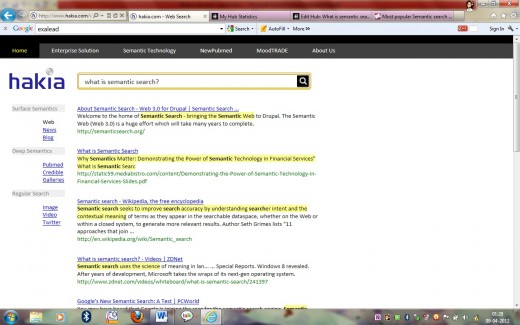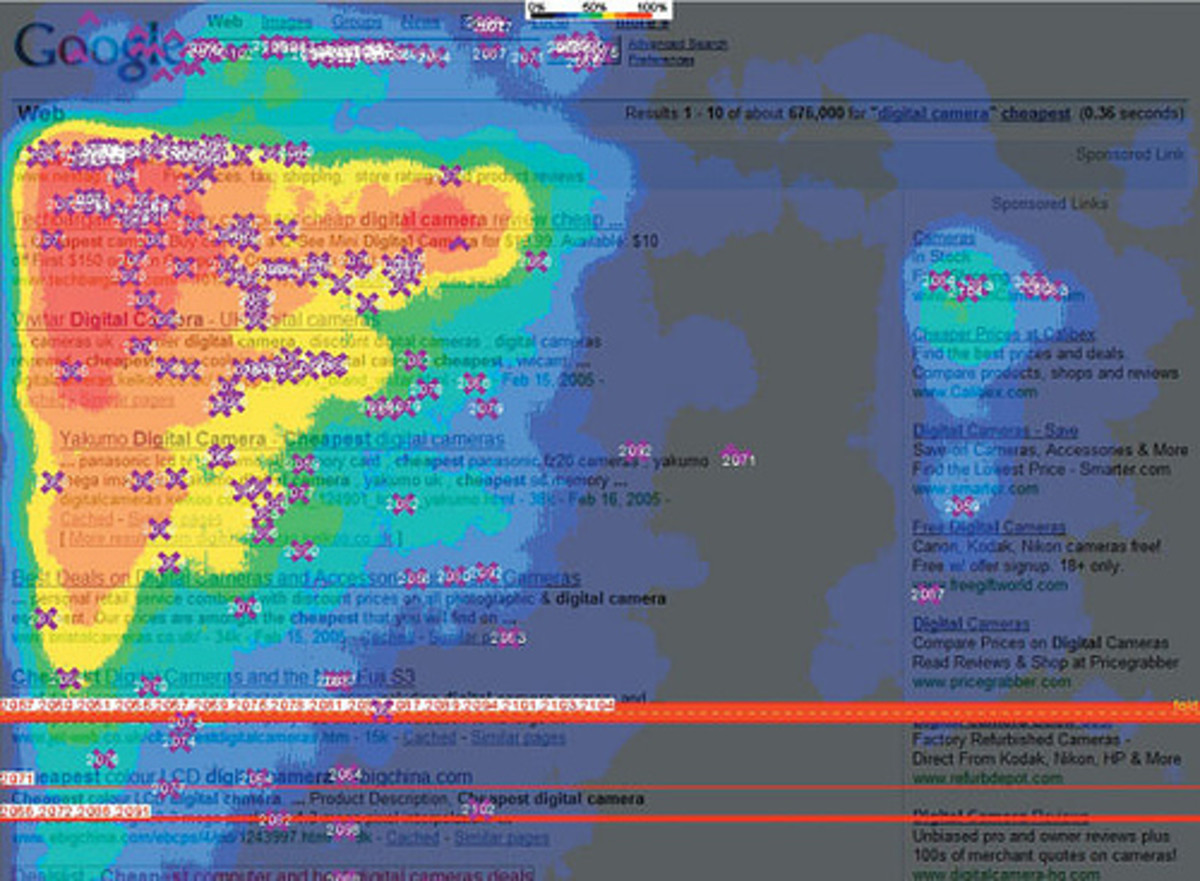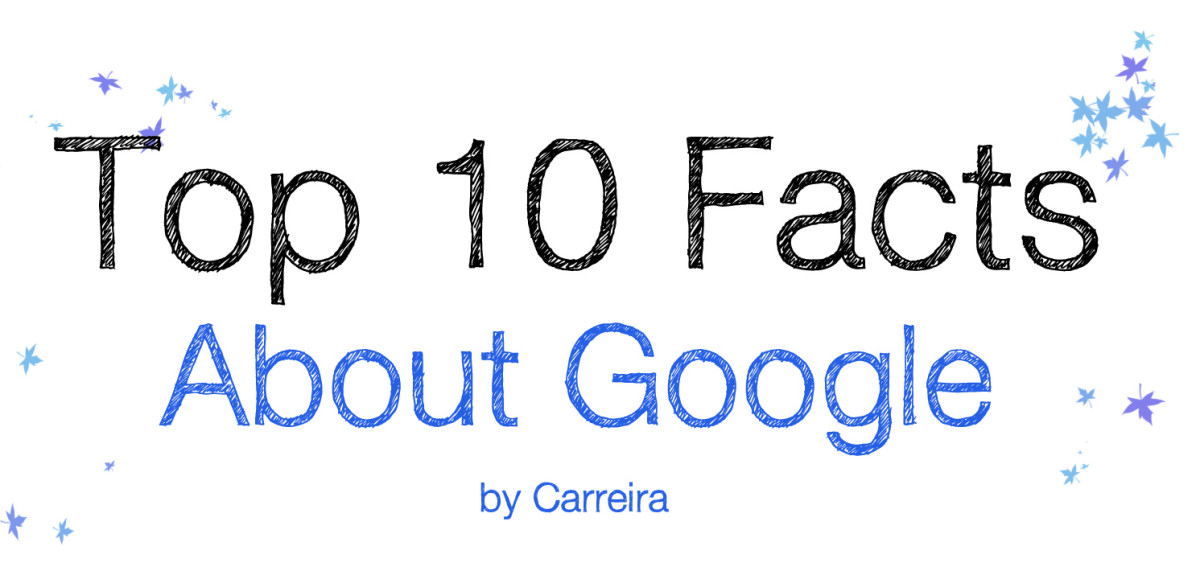What is semantic search? Meaning and advantages
Semantic search is hitting the news from quite some time as it is believed that search engine giant Google is going to apply it very soon in its search results. Most of us are literally dependent on the Google for searching anything on the internet. At present, Google works on traditional search method in which your query is resolved on the basis of Keywords you put in the search box.
The major disadvantage of keyword based indexing is that it has nothing to do with what user wants to search? Suppose you type “windows paint” in the Google then Google will give you a mix up of results including windows paint software of and types of paint used in painting your home. This problem can be solved only with the semantic search.
What is semantic search?
Now, I am sure that you must be thinking that what is this semantic search and how it works? Let me explain it to you with the above example of windows paint. Suppose you type the same keyword windows paint in your search box then if search engine uses semantic search then it will do two things for you. First it will recognise that either you or searching for windows paint software or searching for the paint for your windows of your home. This can be done by search engine probably by checking your recent search history and a concept known as Commercial ontology (I will explain commercial ontology below). Second thing will be that instead of giving you links of different pages it will give you the direct answer of your query.
So, suppose your recent history in the search engine says that you were also searching for windows 7 then there will every possible chance that you are searching for the windows paint software. So your search in the search engine will appear somewhat like this-
“Windows paint is a software used to edit the pictures in different operating system. This software can be downloaded from the xyz website.”
Isn’t it a cool method of getting direct answer of your query? I think so.

How semantic search works?
Till now we all are clear about the meaning of semantic search. Now the main question which must be hitting in your nerves that what is the basic mechanism of semantic search? Answer of this question lies in three simple basic concepts of semantic search.
QDEX (Query detection & Extraction)
Semantic search is based on QDEX. In this methodology, instead of going for keywords a search engine analyse the content of whole page and extract the desired information required by the searcher. Importance of the keywords will diminish dramatically after applying the semantic search as direct answer will be searched by the search engine.
So in other words semantic search will make content the ultimate king which is also the main motto of Google.
Semantic rank algorithm
The main objective of the semantic rank algorithm is to provide the appropriate ranking to the webpages based on its content instead of mere keywords. Take the above example once again to understand the working of semantic rank algorithm.
Suppose you typed windows paint in the search box, then QDEX will gather the relevant information from its pool. The work of semantic rank algorithm will start thereafter, in order to provide you the best result search engine will rank pages mainly on the basis of two factors, i.e., reputation of the webpage and quality of the content.
So, it is very clear now that to win the race in the semantic search you must have very good reputation of your webpage along with a quality rich content.
Commercial ontology
The purpose of commercial ontology is to identify the search of the person like a human mind. To understand the search like human being, concept of commercial ontology is introduced in the semantic search. Commercial ontology works on three stages of hierarchy.
In first stage, commercial ontology identifies all the nouns in the searched line or phrase. In second stage, all the verbs and actions are identified. In third and final stage, these nouns and verbs are combined and the meaning of the search is understood by the search engine.
Let us take an example to understand this concept more clearly.
“Sachin playing in match” and “Sachin playing Guitar” are two phrases typed in the search box. In commercial ontology two queries will be differentiated in the first stage of hierarchy. Although one noun Sachin is common but the second noun match and guitar are different from each other. So, search engine will identify that one query is made for the great cricket batsman Sachin Tendulkar and second is made for the great music director Sachin Dev Burman.
Although, there will be less scope for if a search is made for the Sachin Tendulkar playing guitar. For such query, one has to mention full name Sachin Tendulkar. But, still I think this type of indexing is far better than traditional search indexing.
Advantages of Semantic search indexing
Now, after getting the thorough knowledge of semantic search even you can also give the certain advantages of the semantic search. Here are the main advantages of semantic search in my consideration.
1. Semantic search focus more on the content. So, writers having good command over the subject will be benefitted even they don’t have good knowledge of SEO.
2. Keywords will lose their importance which will be a major setback for the black hat SEO. As, there are many webpages which are at the top of search engines merely on the basis of keywords.
3. Semantic search is more user friendly as direct answer of the query is given by the search engine instead of giving links to a particular page.
4. Semantic search is less complex as compared to the traditional search index as it provides you the best generalized result even of the synonym words.
5. Any other advantage popping in your mind? Just jot it down below in comments for my knowledge.
All the comments will be well appreciated.








